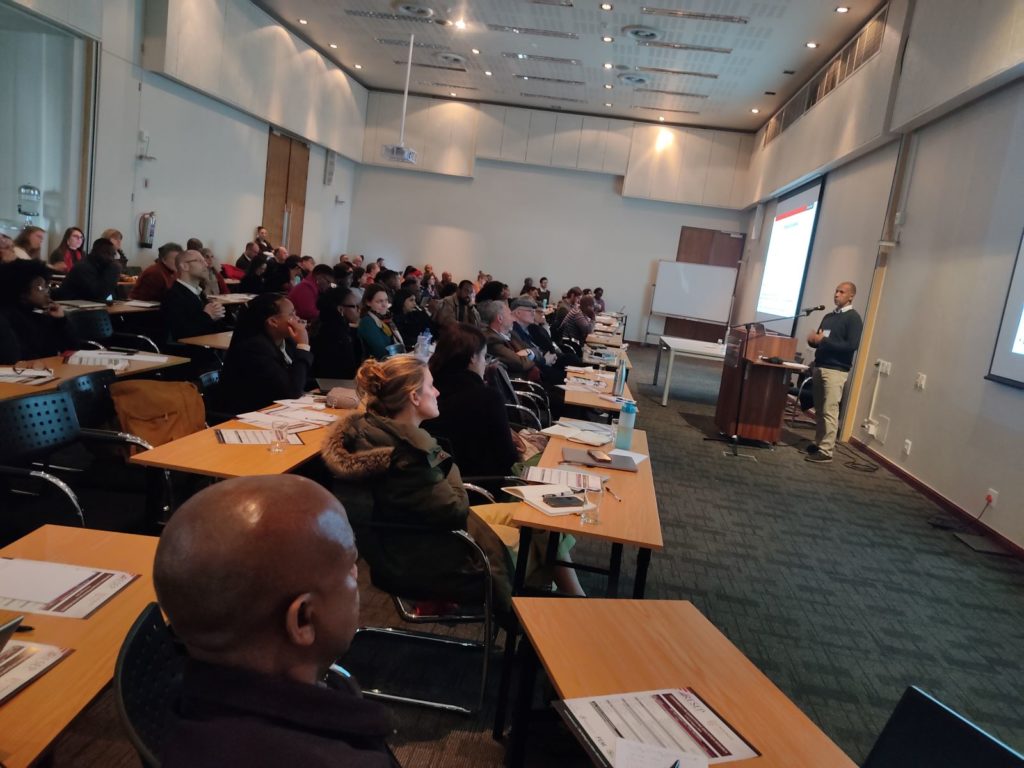
From 21-22 August 2024, Resep hosted its 8th annual Quantitative Education Research (QER) conference at STIAS, Stellenbosch. Among the more than 100 attendees were academics, students, government officials, NGOs representatives and other stakeholders. Speakers, chairs and participants collectively provided an overview of key trends in South African education and profiled new research. In this synopsis of the 2-day programme, some key insights across all presentations are considered under eight emerging conference themes.





